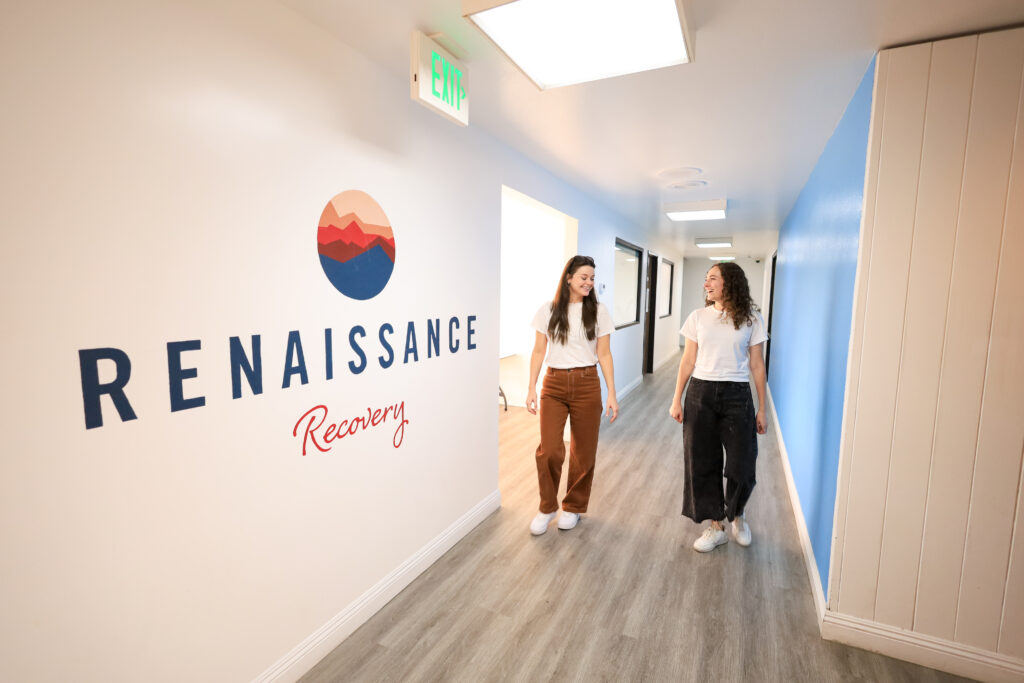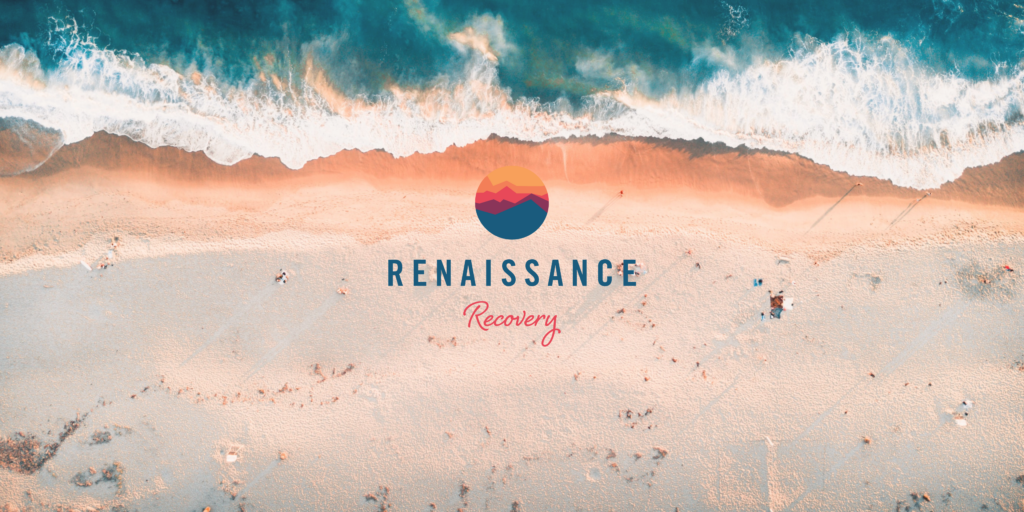Addiction is a chronic and relapsing condition that is treatable with the right evidence-based therapies. For most people, going to rehab helps them detox from drugs or alcohol safely. Beyond this, ongoing treatment enables individuals to unpack the psychological aspects of substance use disorder. Read on to find out why people decide to go to rehab and discover how to connect with effective addiction treatment.
What Is Rehab For?
Rehab offers a structured environment aimed at helping people struggling with drug or alcohol addiction to achieve and maintain long-term recovery. It’s intended to provide comprehensive support that helps manage the medical, psychological, and social aspects of addiction.
Need help getting addiction treatment?
During inpatient or outpatient rehab programs, individuals have a safe space in which to:
- Detox from drugs, alcohol, or prescription medications
- Address the underlying causes of addiction
- Learn coping mechanisms to deal with stressors and triggers
- Build a supportive sober network
The ultimate goal of rehab is to equip people with the skills and knowledge they need to embrace life free from dependence on addictive substances. This can lead to improvements in functioning relationships and overall quality of life.
How Does Rehab Help with Addiction?
Rehab helps with addiction through addressing the physical and psychological components of substance use disorder. Here’s how treatment helps those with addictions:
- Detoxification: The first step in effective rehab programs, detox safely manages withdrawal symptoms under medical supervision, minimizing complications and the risk of relapse. The withdrawal process usually takes about one week and enables people to transition to ongoing addiction treatment having stabilized and moved beyond drug or alcohol dependence.
- Therapy and counseling: Rehab offers various forms of therapy (individual, group, and family) to address psychological aspects of addiction. These sessions help uncover root causes of substance abuse, teach coping strategies for dealing with cravings and triggers, and facilitate emotional healing. Psychotherapies like CBT (cognitive behavioral therapy) are proven effective for treating drug and alcohol addictions.
- Education: Rehab programs often include educational sessions where people learn about the nature of addiction, its effects on the brain and body, and strategies for maintaining sobriety long-term.
- Peer support: Being part of a community of individuals facing similar challenges promotes a sense of belonging and support. Peer support groups can offer encouragement, share experiences, and provide accountability. Many people find engaging with AA (Alcoholics Anonymous) or NA (Narcotics Anonymous) is beneficial during rehab and throughout ongoing recovery.
- Aftercare: An aftercare plan may include ongoing outpatient therapy, participation in support group meetings, and strategies to avoid relapse, ensuring continuity of care and support for maintaining long-term sobriety.
Through these components, rehab provides a comprehensive framework for individuals to confront their addiction, heal physically and emotionally, and initiate an ongoing path toward recovery and a healthier, substance-free life.

What Are the Best Places to Go to Rehab?
The best places to go to rehab often combine high-quality treatment facilities with an environment conducive to healing and recovery. Two of the most sought-after locations for rehab in the United States are California and Florida, each offering unique advantages to anyone seeking help for addiction.
California
Known for its serene coastal locations, vibrant cities, and diverse landscapes, California provides an ideal backdrop for recovery. The state boasts a wide array of rehab centers ranging from luxury facilities to more accessible options, all capitalizing on the calming presence of nature and mild climate to enhance the healing process. California is also home to a large and supportive sober community, offering a network of support groups and recovery programs. This sense of community, combined with the state’s progressive approach to treatment and wellness, makes it a top choice for those looking to kickstart their recoveries.
Florida
Florida’s appeal as a rehab destination lies in its warm weather, beautiful beaches, and an extensive selection of rehab facilities tailored to various needs and budgets. The state’s laid-back atmosphere is perfect for anyone looking to escape the stresses of their daily environment and focus on recovery. Like California, Florida has a strong and welcoming sober community, providing numerous opportunities for peer support and engagement in sober activities. The availability of holistic treatment approaches and outdoor therapies, leveraging Florida’s natural beauty and favorable climate, further underscores its status as a premier location for addiction treatment.
FAQS
Why do people go to rehab instead of therapy?
People choose rehab over therapy when they need a more structured and intensive treatment program, often due to the severity of their addiction or when there are co-occurring medical or psychological issues that require comprehensive care. Rehab provides a holistic approach, offering medical detoxification, psychological therapy, and support in a controlled environment, which might not be available in traditional therapy settings.
Why do people go to California for rehab?
California is a popular destination for rehab due to its mild climate, scenic landscapes, and a large number of high-quality rehab centers that offer a variety of treatment modalities. The state’s progressive approach to addiction treatment and wellness, combined with the opportunity for outdoor activities and holistic therapies, makes it an appealing choice for those seeking recovery in a supportive and serene environment.
Why do people go to Florida for rehab?
Florida is sought after for rehab because of its warm weather, inviting beaches, and an extensive network of rehab facilities catering to a wide range of budgets and preferences. The state’s relaxed atmosphere is conducive to healing and recovery, and its emphasis on incorporating outdoor and recreational therapies into treatment plans adds to its appeal for individuals looking for effective addiction treatment options.

Get Effective & Compassionate Addiction Treatment at Renaissance Recovery
Addictions can be aggravating and disruptive, but they’re also highly treatable. If you or someone that you care about needs help to recalibrate your lives from substance abuse, reach out to Renaissance Recovery.
For those who require supervised detoxification, we can connect you with medical detox centers near you. This enables you to address physical dependence on drugs or alcohol before transitioning to ongoing outpatient treatment at one of our luxury beachside facilities in California or Florida.
The outpatient nature of treatment at Renaissance means you can meet your everyday commitments while attending weekday therapy sessions at our treatment center. All addictions are unique, so expect to access personalized treatments, such as:
- Talk therapies (CBT and DBT)
- Motivational therapies
- Family therapy
- MAT (medication-assisted treatment)
- Holistic treatments
- One-to-one counseling
- Group therapy
- Aftercare planning
Begin your recovery right away by calling Renaissance at 866.330.9449.



